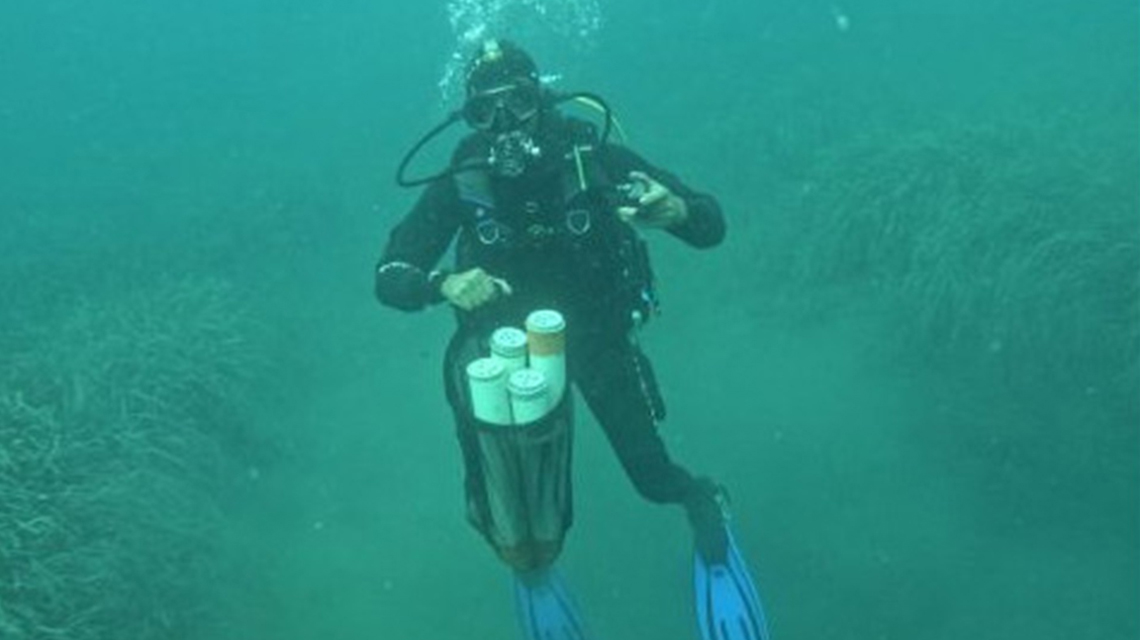The IAEA Ocean Acidification International Coordination Centre (OA-ICC) organized a training course on blue carbon research at the IAEA Marine Environmental Laboratories in Monaco, held from 28 August to 8 September 2023.
Coastal vegetated ecosystems, such as mangrove forests, seagrass meadows, and tidal marshes, provide critical ecosystem services, including coastal protection, nutrient cycling, enhanced biodiversity, and support of fisheries. These "blue carbon" habitats also sequester large amounts of carbon in their sediments and are potentially important as a nature-based solution to climate change.
In the last decade, research focused on assessing carbon stocks and burial rates in blue carbon habitats has been increasing worldwide. In parallel, groups are working on initiatives to include blue carbon habitats in Nationally Determined Contributions. However, it is difficult to evaluate the contribution of these ecosystems to climate mitigation. Many parts of the world lack robust data, and research questions remain related to the role of carbonate formation and dissolution, and how to best assess processes such as lateral exchange and gas exchange.
The course brought together 11 early-career scientists interested in blue carbon research from the following countries: Argentina, Brazil, El Salvador, Malaysia, Mexico, Pakistan, Panama, Senegal, Thailand, the UK, and the USA. The OA-ICC provided training on key concepts involved when planning a research study on blue carbon, including designing and conducting the field work, preparation of the samples, carrying out the required analyses, and interpreting and scaling up the results. Participants also engaged in meaningful discussions and critical reflections on challenges and priority areas in blue carbon research.
The course was organized by the IAEA OA-ICC in partnership with the Prince Albert II of Monaco Foundation.

